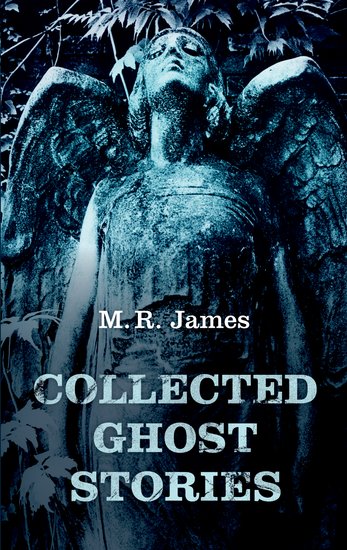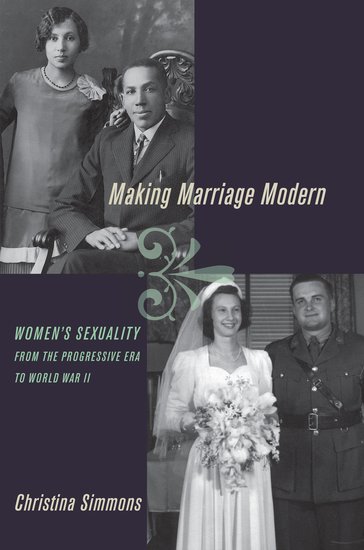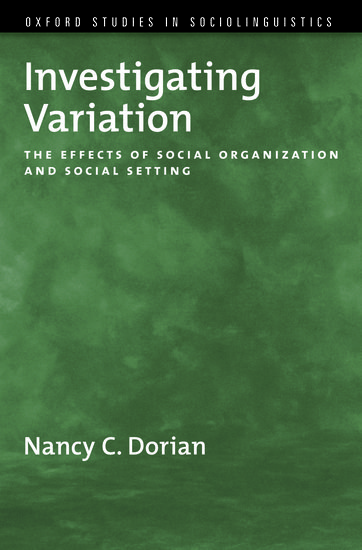Monthly etymology gleanings for October, part 1
By Anatoly Liberman
I have received many questions and comments and will respond to them pell-mell.
Any more ~ anymore in positive statements. A correspondent from Pennsylvania wondered why those around him use anymore as meaning “these days, nowadays” (for example, Anymore, I just see people wearing skinny jeans with flip flops) and whether this usage owes anything to Pennsylvania Dutch. I am almost sure it does not.














